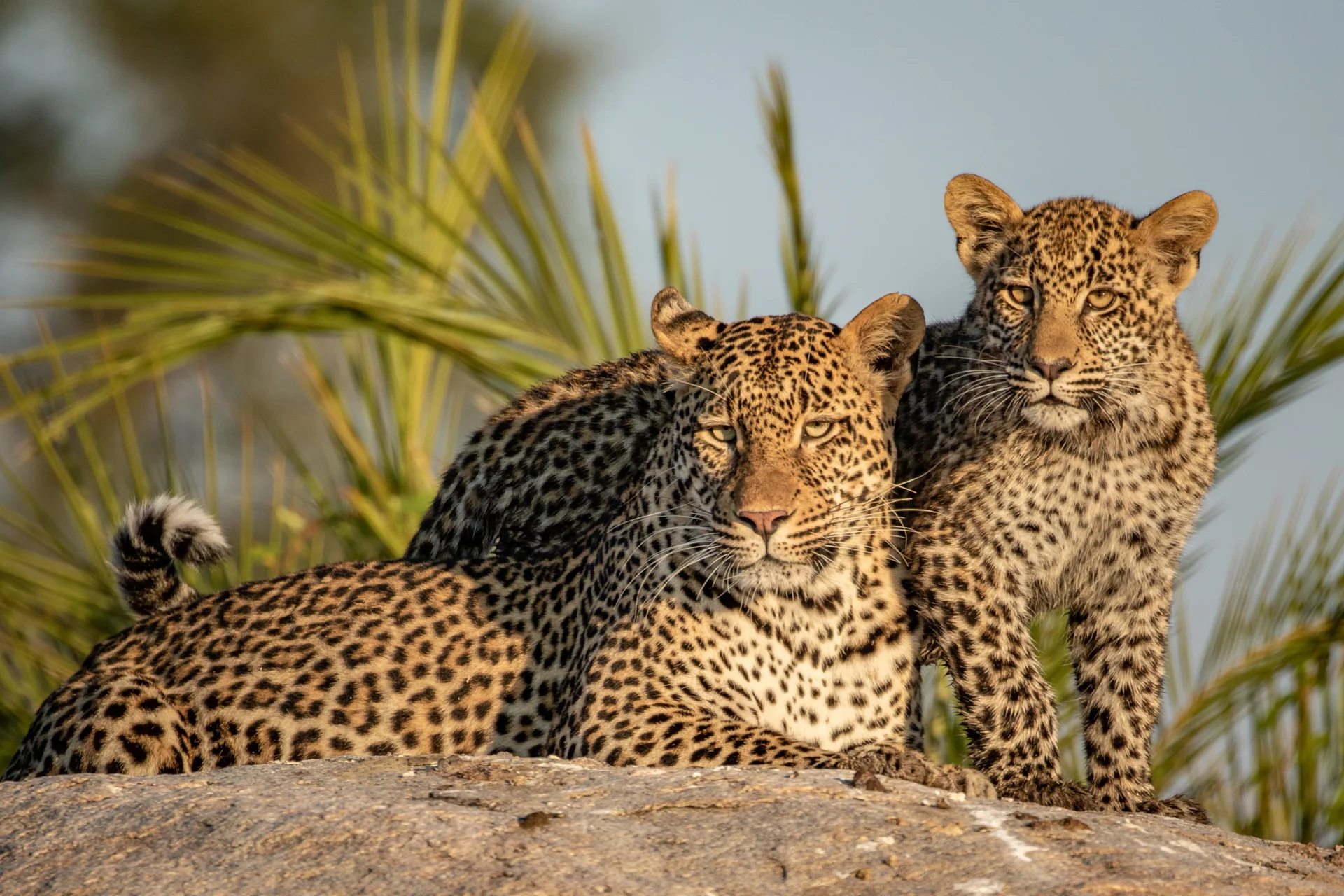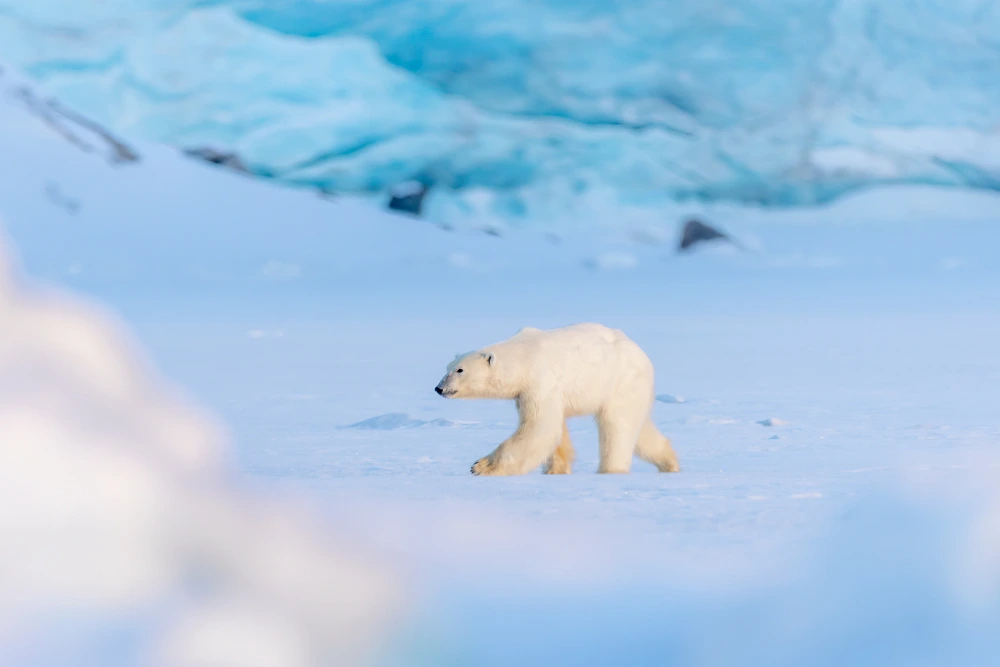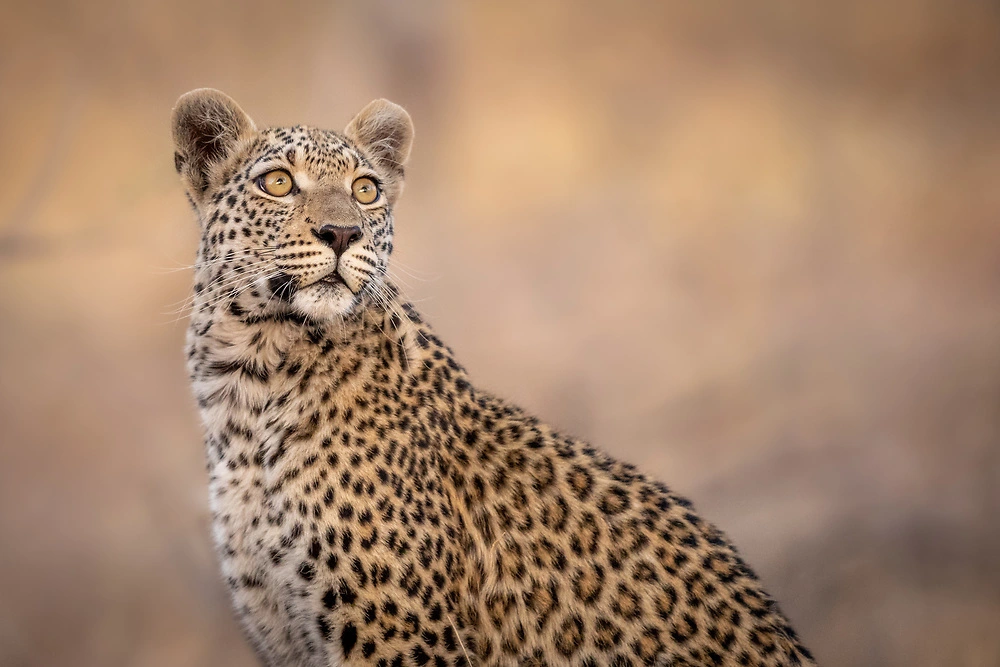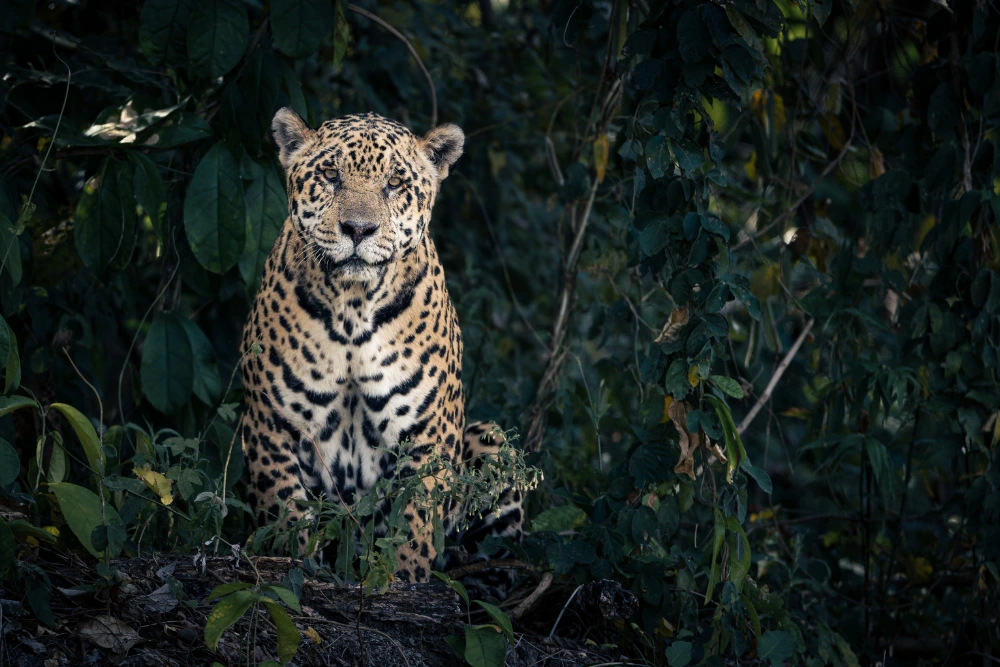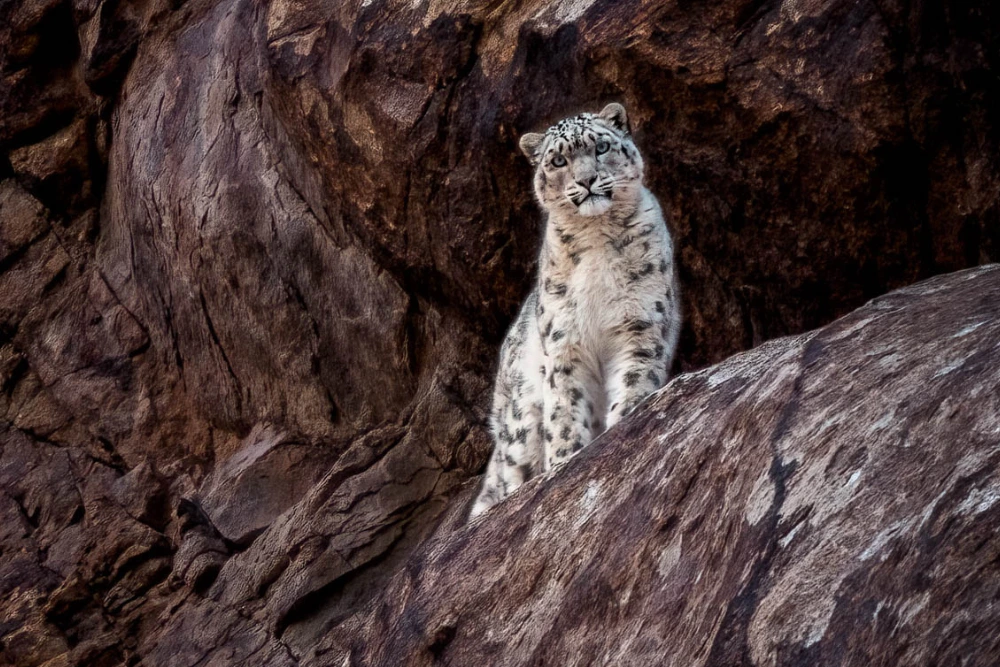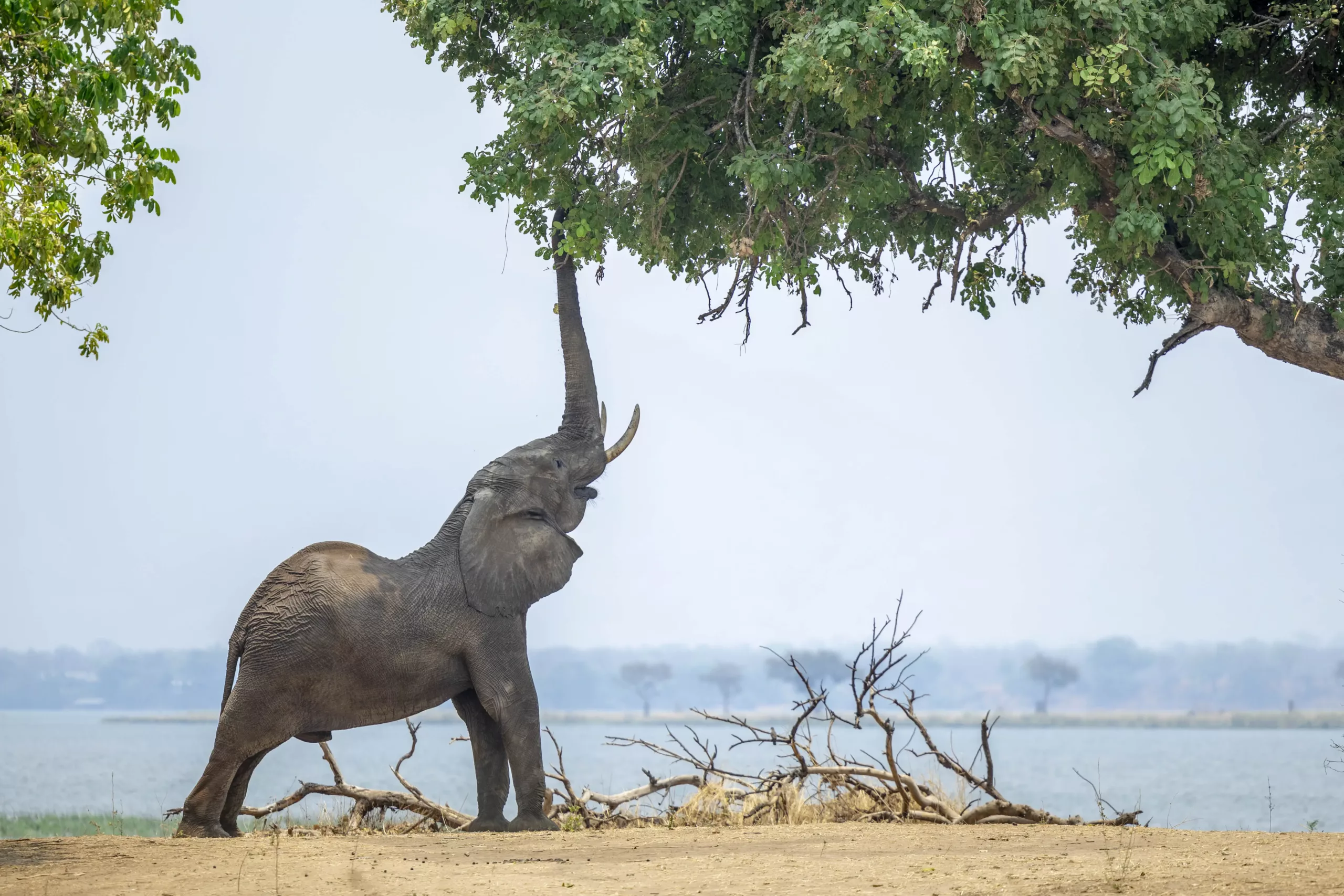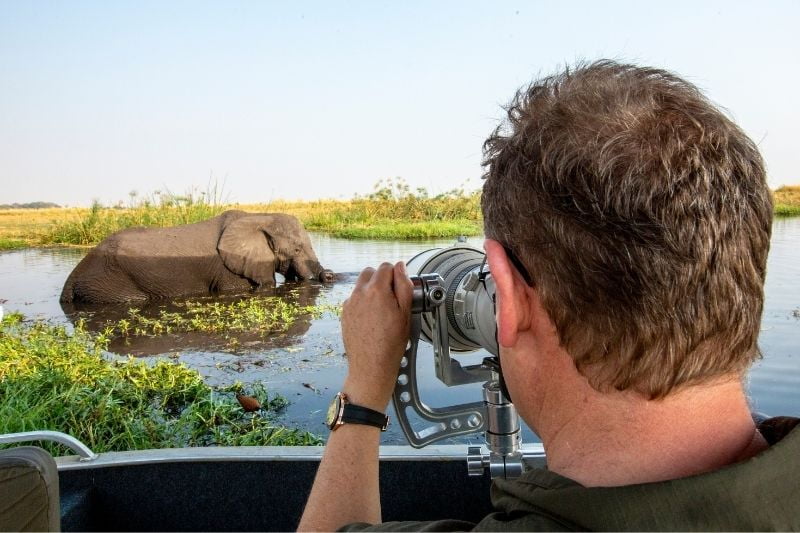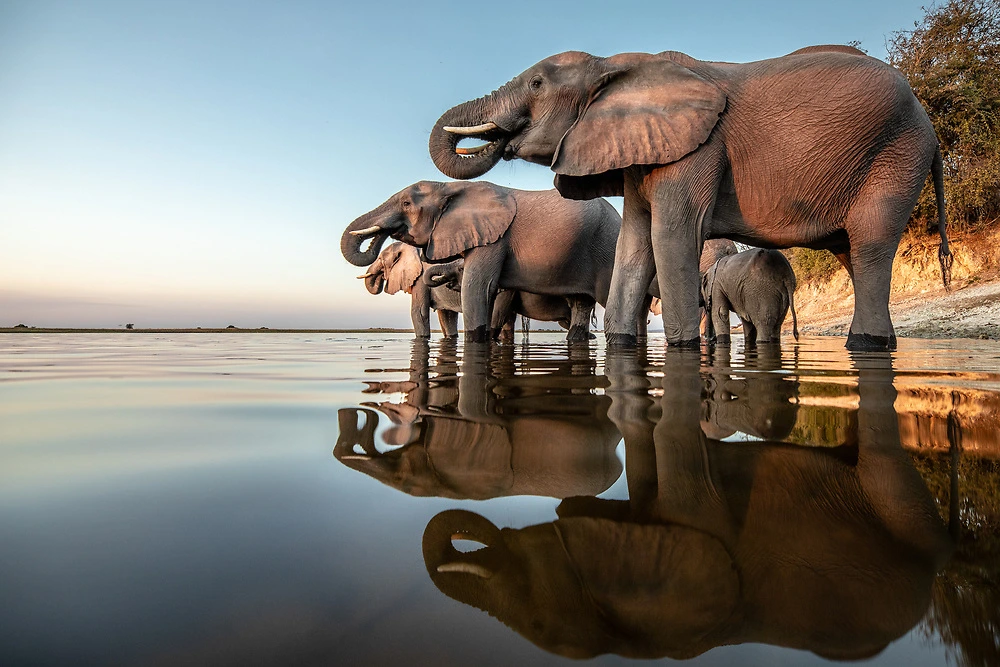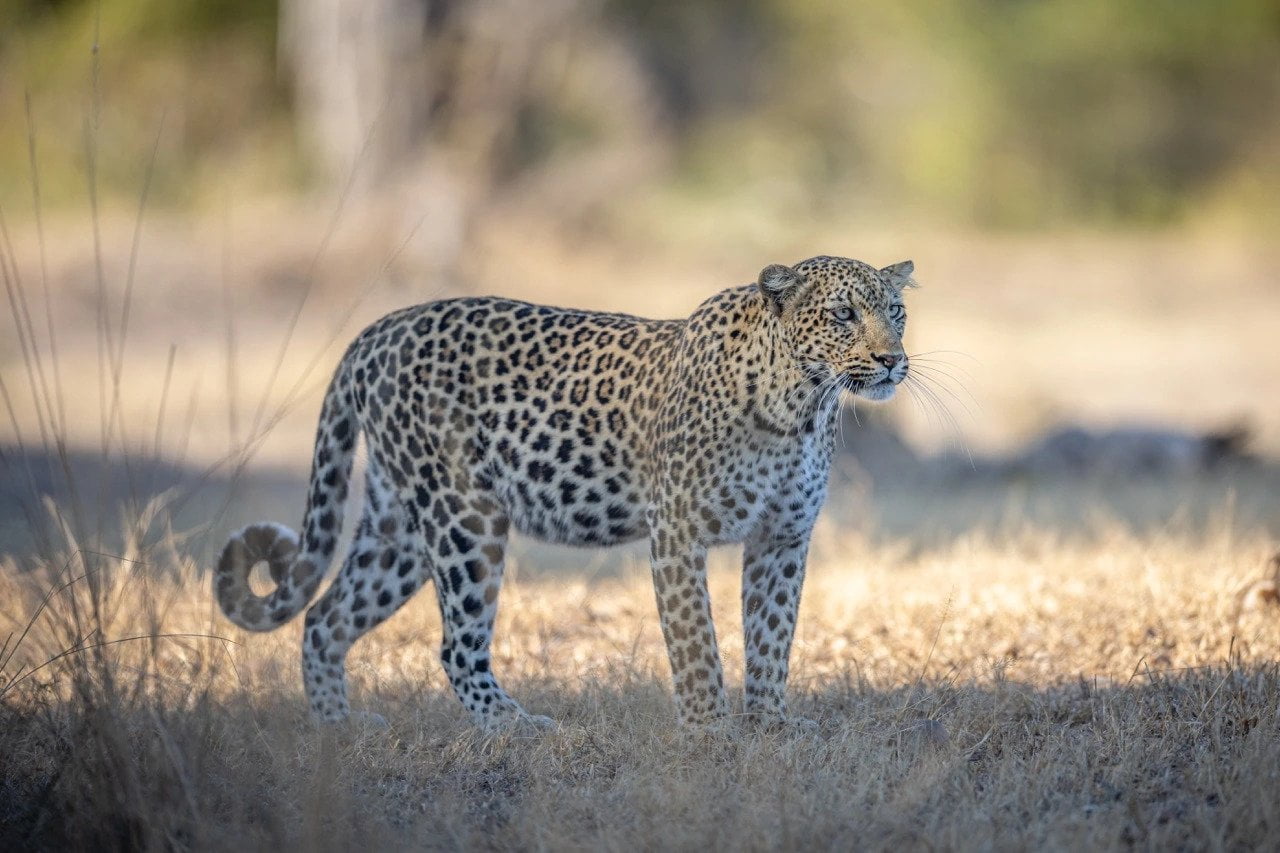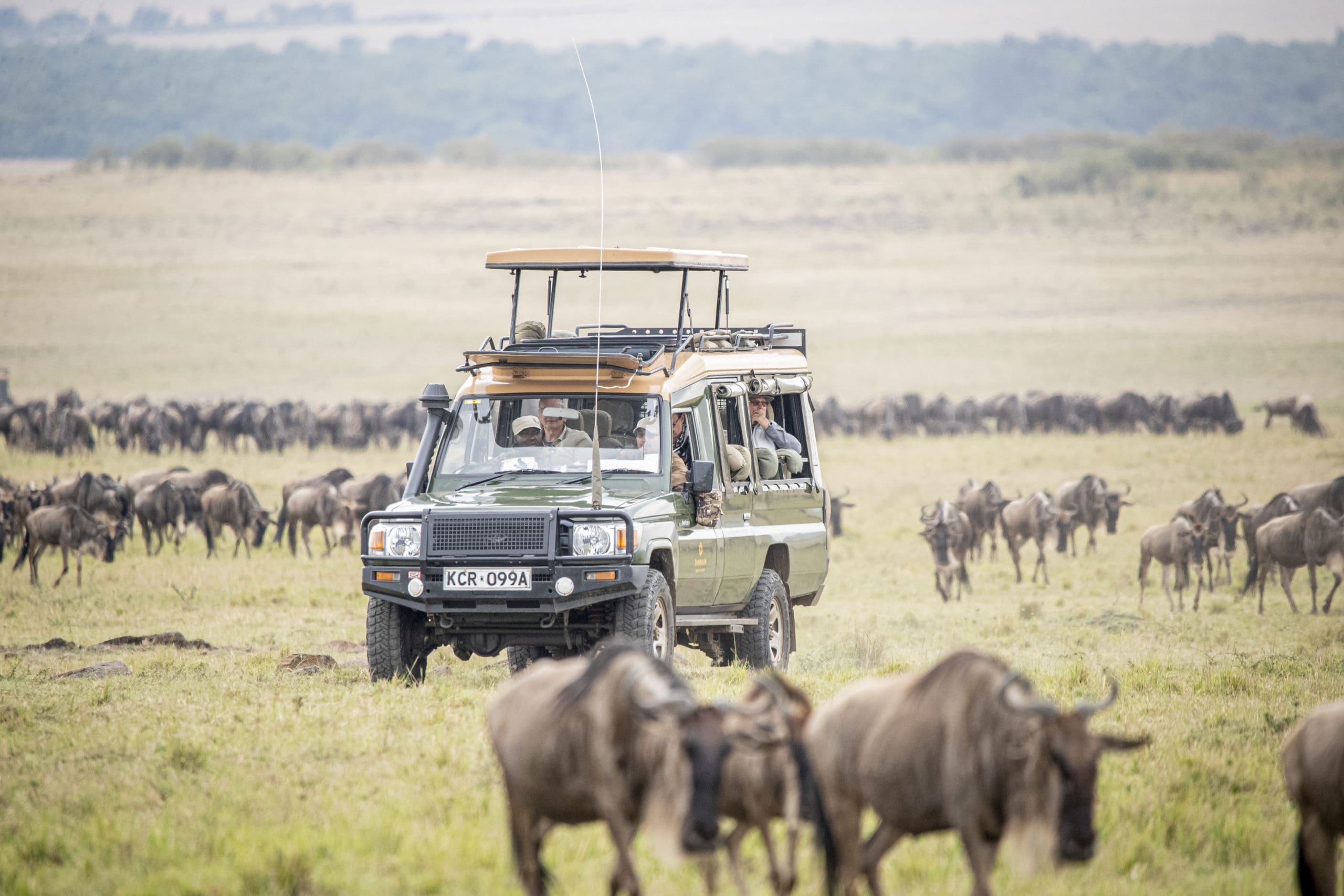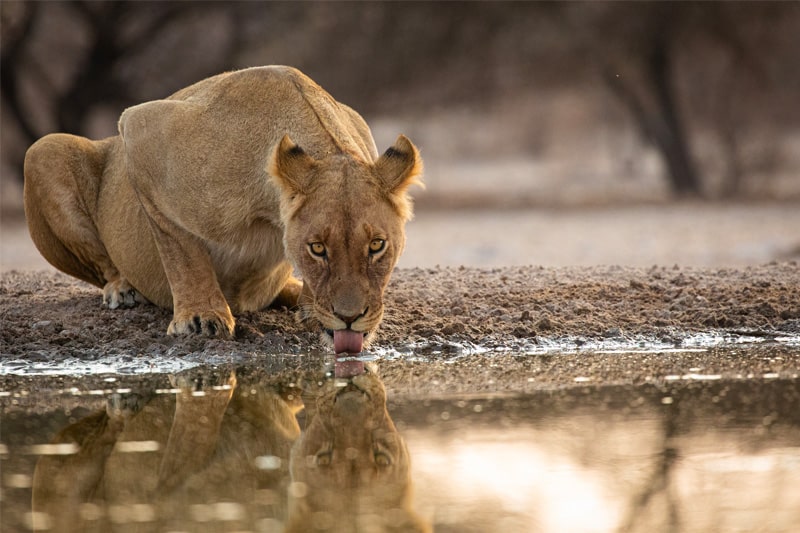
Our Hosted Wildlife Photography Workshops in Africa
These wildlife photography workshops in Africa start and end on set dates throughout the year. Hosted by the Pangolin Photo Hosts throughout.
Wildlife Photography Workshops – FAQs
To make the most of your time (and to learn the absolute maximum) we suggest the minimum time to spend on any of our wildlife photography workshops in Africa is one week. Certainly, more if you can. It is however often an intensive learning experience with lots of early starts so more than 10 days can be quite exhausting. Most of our wildlife photography workshop safaris are 10 days in length visiting three different locations.
We often suggest “book-ending” our wildlife photography workshop itineraries with time spent on more sedate locales like Victoria falls and/or Cape Town for example.
Throughout the year we have set departure dates for our African Photo safaris which allow individuals, couples and small groups to join a group of like-minded individuals for a wildlife photography workshop led by a Pangolin Photo Host. We have several packages detailed above which cater to different budgets and the amount of time you have to spend with us.
Outside of these times (and if you would rather not travel with a group), we can design a bespoke photo safari for you visiting whichever locations you would like to see and photograph in for as long as you like. Bear in mind though that on these safaris you might only be in the company of a Pangolin Photo Host for part of the photo safari.
If you are travelling in a group of 6-8 people then we can set up a private workshop for you and your companions and customise the itinerary to suit your specific requirements, budget and photo goals.
The average size of a photographic group on the African photo safaris is eight clients. We find that this is the perfect number of clients to photo host ratio to make the experience one of intimate teaching and aim for access to information. If you have a group larger than this you will tend to not be able to spend as much time with the photo host as you might have light and therefore we do limit the group size to only eight people at a time.
In The Chobe, our photo boats seat a maximum of eight clients. In the Okavango Delta, we use vehicles with a maximum number of 4 clients per game drive. On hosted workshops, there will be one photo host and eight clients. This is why we start most of our photo workshops in the Chobe because we are able to utilise the Pangolin photo boats and this helps us to do more teaching one-on-one at the start of the safari.
When we are in the Okavango Delta the photo host will alternate between the game viewers spending half of the time with each group on each game activity. More often than not the two vehicles travel through The Delta together and so in parting information from one vehicle to another is often possible of wildlife sightings.
Our wildlife photography workshops are attended by wildlife photographers of all levels of experience and knowledge. No matter which wildlife photography workshop you might have attended in the past every time you travel with a company like ours it is a new learning experience. At Pangolin there is a place for everyone!
If you are an absolute beginner to wildlife photography then we would suggest perhaps trying the best of the Chobe wildlife photography workshop and if you are a little bit more advanced then you may find that the Chobe, Delta and Kalahari Safari is a very good choice. Check the below video to learn more about our wildlife photography workshops:
Rest assured that on our on any Pangolin photography workshop you will be given plenty of attention and even if your skills are a little rusty you will soon be up to speed. We pride ourselves on offering wildlife workshops that are not just about the photography itself but also understanding animal behaviour and appreciating the beauty of the African bush around us in a slow measured and immersive fashion. If this is how you like to enjoy Africa and its natural wonders then a Pangolin photo workshop is a very good choice indeed.
Everyone has our hosted workshops is indeed hosted by one of the Pangolin photo hosts. You may know the penguin photos from the videos on YouTube and their social media feeds. Each of them are expert wildlife photographer and have spent many years in the bush owning their skills. More than that they are also incredible teachers and are on hand to take your wildlife photography skills to the next level.
On some of the workshops, you will have the pleasure of meeting and learning from maybe two or three of the penguin photos depending on the itinerary you choose.
We think this is a huge advantage as you tend to learn different skills from different people each time you photograph with the for example the Chobe Delta and Kalahari photography workshop may involve you spending time with one photo host in the Chobe and another in the Delta and the Kalahari afterwards.
The Pangolin photo host will not only accompany you on your trip but will also photograph alongside you. This is not so that they can get their own shots and ignore your needs but actually, it is very much a teaching tool. As they are looking through the viewfinder of their camera they will be able to explain to you the settings and methodology that they are employing and this, in turn, is a very valuable teaching method.
They are incredibly disciplined individuals and if the need arises they are all too happy to lay down their camera and rush to your assistance to make sure that you don’t miss the shot yourself.
At Pangolin we have several spouses attending our photography workshop Safaris as non-photographers. Rest assured a non-photographing spouse will certainly not be bored on any one of these wildlife workshops. They are first and foremost wildlife experiences in the African bush and therefore he could never be boring. If the nonphotographic spouse decides to have a go then we will be more than happy to lend him or her a camera for the duration of the wildlife workshop so that they can have a go. The only danger here is when the non-photographer suddenly starts taking better photographs than their photography partner!!
We have on more than one occasion converted a non-photographer into a budding photographer during any number of our wildlife workshops. Sometimes all they need is a camera, a sunset, an elephant and someone to show them how to capture this beautiful scene to kickstart their career in wildlife photography.
Absolutely. Half of the battle in wildlife photography, especially in Africa is understanding what an animal may or may not do and preparing for each eventuality. This can’t be taught from a textbook and takes years of experience to understand a subject and its behavioural patterns.
Alongside the Pangolin photo host, we also have a local specialist guide often driving the boat or vehicle who is there to assist in not only the spotting of potential subjects but also predicting their behaviour. These guys have decades of experience in the wilds of Africa and their experience and knowledge are invaluable in helping us to get great. These guides have decades of experience in the wilds of Africa and their experience and knowledge are important in helping us to get great shots.
African wildlife can be as beautiful as it is unpredictable and so patience is definitely in the order of the day. We will never guarantee a sighting or a particular behaviour to take place but we will certainly do our best to reduce the odds and get you some of the shots you crave.
I made Pangolin Photo Safaris and especially a hosted workshop we will supply you with a DSLR camera and telephoto lens free of charge for the duration of the hosted workshop. Most of our cameras tend to be Canon and the lenses are made by Sigma.
We will also supply you with as many memory cards as you need to fill with all the photographs you will be taking. These memory cards are for you to keep and take home with you.
If you have your own camera and lens and would like to borrow one of ours in addition to yours that is not a problem at all. We would encourage you to photograph perhaps with two camera bodies set up at the same time. One for wide-angle and one for zoom should cover most eventualities.
The Pangolin photo hosts are all very experienced in all of the major camera brands and will be able to teach you no matter which brand you choose.
As you will see when you get to us African wildlife is so much more than the big five. We do acknowledge however that this is a tick on the bucket list that most wildlife photographers want from their photo safari.
Of the big five rhino is the most difficult to see in Botswana as there are very few roaming freely. We would never say exactly where rhinos are likely to be seen for security reasons but we will say that your best chance of photographing the big five is to join either the Chobe Delta and Kalahari Safari or the best of Botswana photo safari.
Madikwe in South Africa has a healthy population of both white and black rhinos and should you wish to extend your photo safari itinerary to include some time in South Africa then add on time at Jaci’s lodges in Madikwe is an excellent opportunity to see these magnificent creatures. Please speak to your Safari planner about route options to take you to Medica way and then perhaps even carry on to Cape Town for some time near the sea at the end of your photo safari.
The reason we chose the trophy river as our home base for Pangolin Photo Safaris it’s because The Chobe river is so very special. Our custom-built photo boats are arguably the best photographic platform in Africa.
When you’re in the Chobe you will tend to do more photo boat activities than you will in a safari vehicle. The ratio will be approximately 3 to 1 in favour of photo boat activities.
On most of our extended photo safari itineraries, you will probably be spending more time in other destinations that only do land-based activities so it’s best to spend as much time on the river as possible whilst in The Chobe.
On the whole African wildlife is not interested in attacking or eating wildlife photographers. In most instances animal behaviour, especially in big cats, means that they will tend to avoid any type of human conflict. To date we have never had any issues with client being any type of peril on any of our photos Safaris.
Other animals that you might want to be wary of all of the crawling variety. Africa is home to several venomous species of both snakes and spiders and due care and attention is required especially in the evenings and mornings when you might not be able to see them as clearly. One top tip is to always empty out your shoes first thing in the morning no matter where you are in Africa as you never know who might have turned them into their home last night.
Malaria is present in parts of Botswana and South Africa so we advise that you talk to a medical practitioner about bringing with you some malaria prophylaxis. Most of these tablets have very few side effects and it’s always better to take preventative measures rather than suffer the illness in our opinion. Malaria is not as prevalent as it once was and making sure that you apply liberal amounts of mosquito repellent and wear long trousers and long sleeve shirts in the evening times should mitigate most of the risk. If during your Safari you develop flu-like symptoms then we can organise a quick test to confirm whether or not you have malaria. If caught early it is very treatable.
At Pangolin we love hide photography. Guts has built several hides since the inception of the company. He built the terrapin hide at Jaci’s in Madikwe and has recently completed an underground bunker style hide at the Pangolin Chobe Hotel in Botswana. Plans are in place to build more hides in the Kalahari alongside their existing ones at Dinaka.
When we have access to hides we tend to use them in both the mornings and the afternoons to get our best images. Most hired can accommodate a small group of 8 altogether as a workshop.
